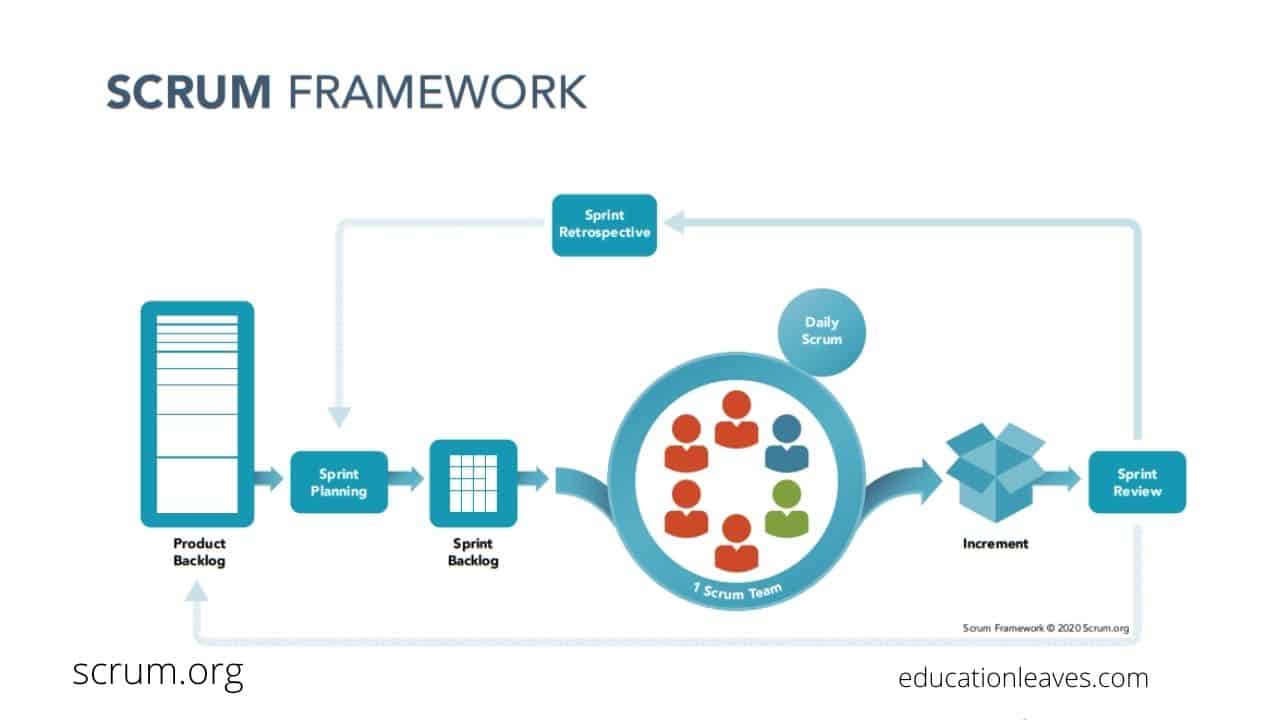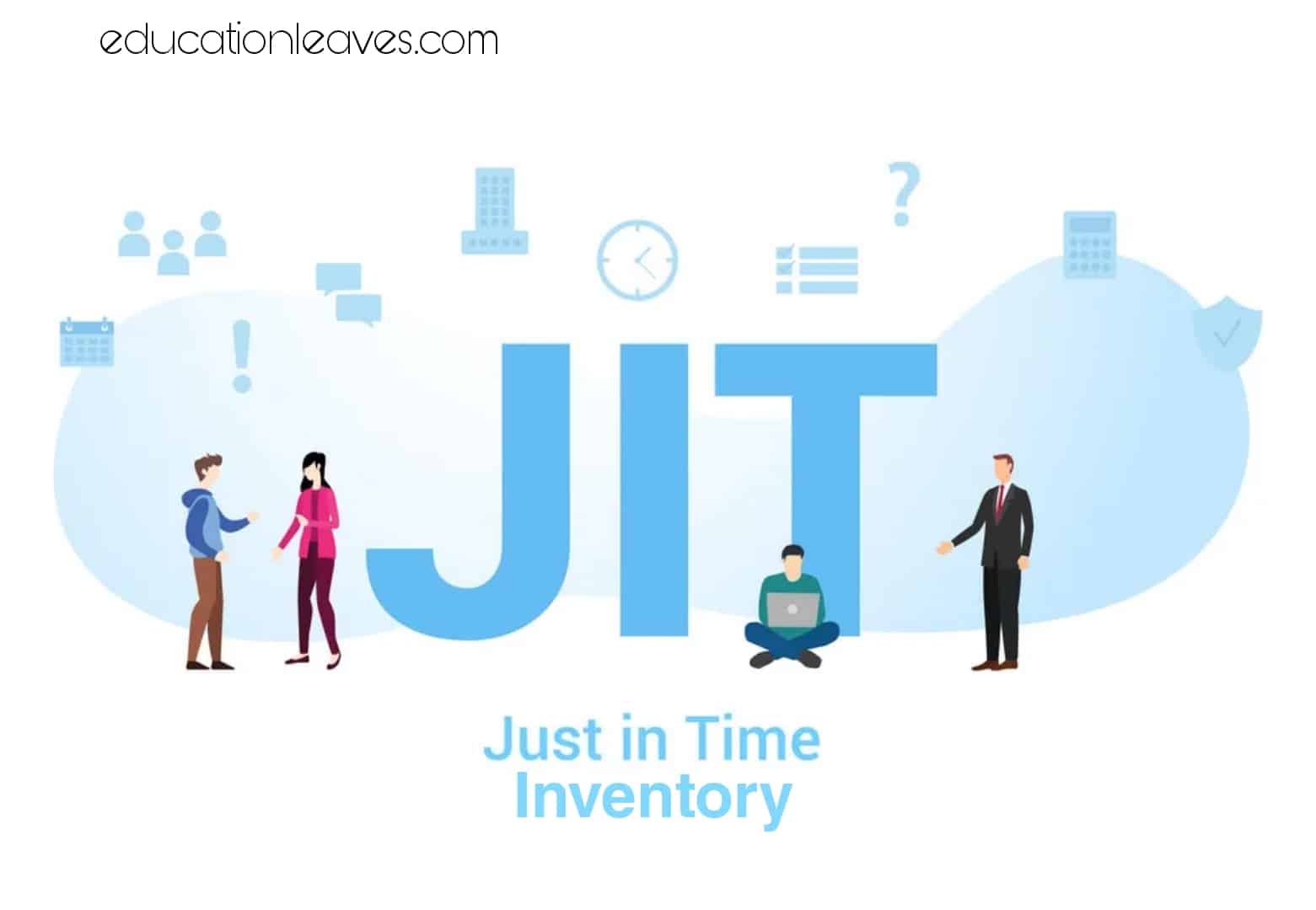What is an Information System? 5 Components, Types, Advantages, Disadvantages [PDF Included]
In this digital era, we all are somehow accustomed to the word “Information System” although not well-versed with the concept or definition. If asked what is “Information System” one will definitely say the words like computer or network or database. But an information system is much more than just a computer or network. It surrounds us almost every time and is changing every day. Nowadays, life seems impossible without it. From the smartphones in our hands, the Wi-Fi networks on our college campus–to the traffic lights, sales management, and billing systems in the shopping malls, etc.–Information System is virtually in every walk of our life.










